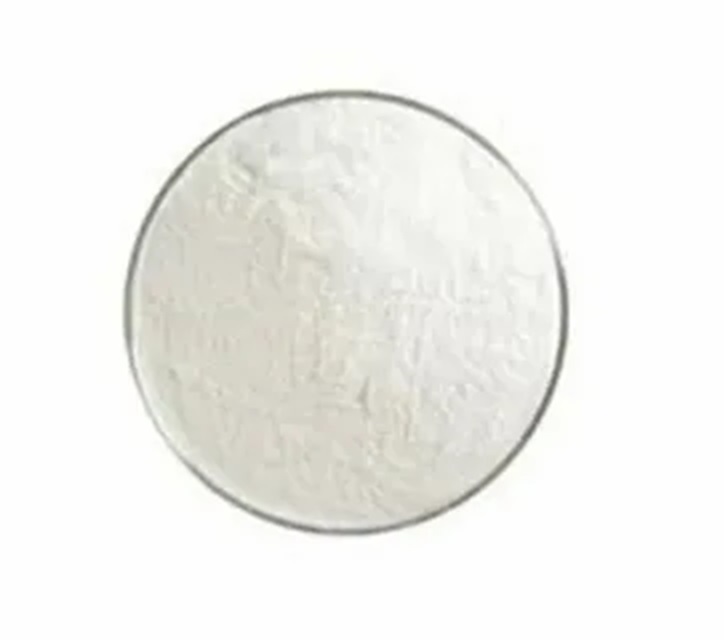We unleash your business potential by maximize the business innovation.
Send EmailBIOTIN (VITAMIN B7 / VITAMIN H), Biotin (Vitamin B7 / Vitamin H), 58-85-5
🧪 Biotin (Vitamin B7 / Vitamin H) – Technical & Nutritional Profile
📌 1. Product Description
-
Product Name: Biotin (Vitamin B7 or Vitamin H)
-
Chemical Formula: C₁₀H₁₆N₂O₃S
-
CAS Number: 58-85-5
-
EC Number: 200-399-3
-
Molecular Weight: 244.31 g/mol
-
Appearance: White crystalline powder
-
Melting Point: 232–233 °C
-
Solubility: Soluble in water
⚙️ 2. Physical & Chemical Properties
Physical Properties:
-
Appearance: White crystalline powder
-
Melting Point: 232–233 °C
-
Solubility: Water-soluble
Chemical Properties:
-
Chemical Formula: C₁₀H₁₆N₂O₃S
-
Reactivity: Generally chemically inert; may react at high temperatures or with strong oxidizing agents
-
pH Stability: Stable across a wide pH range
🧬 3. Biological Function
-
Assists enzymes in breaking down fats, carbohydrates, and proteins
-
Supports gene regulation and cell signaling
-
Plays a role in energy metabolism and keratin production
-
Essential for healthy skin, hair, and nails
🩺 4. Recommended Intake & Safety
-
Adequate Intake (AI):
-
Adults (19+ years) & pregnant women: 30 mcg/day
-
Lactating women: 35 mcg/day
-
-
Tolerable Upper Intake Level (UL):
-
No established UL due to lack of toxicity reports
-
High doses (10–300 mg) may interfere with lab tests (e.g., thyroid, vitamin D, troponin)
-
-
FDA Warning (2017):
-
Biotin supplements may cause false lab results
-
Patients should inform healthcare providers of supplement use
-
🧴 5. Industrial Applications
| Sector | Use Case |
|---|---|
| Dietary Supplements | Supports hair, skin, nail health; used in multivitamin formulations |
| Cosmetics | Found in shampoos, conditioners, skincare products |
| Pharmaceuticals | Used in vitamin tablets and therapeutic blends |
🧾 6. Other Names
-
Vitamin B7
-
Vitamin H
-
Coenzyme R
-
Common Name: Biotin
🥗 7. Food Sources of Biotin
Animal-Based:
-
Beef liver
-
Cooked eggs
-
Salmon
-
Pork
-
Avocados
Plant-Based:
-
Sweet potato
-
Nuts & seeds
-
Legumes
-
Whole grains
-
Spinach
-
Mushrooms
-
Soybeans
⚠️ Biotin is water-soluble and sensitive to heat, light, and oxygen. Avoid overcooking vegetables to preserve vitamin content.
❓ 8. Scientific Notes & Research Summary
-
No RDA (Recommended Dietary Allowance) due to insufficient data
-
Biotin deficiency may cause hair loss, skin rash, brittle nails
-
Supplementation may help only in deficient individuals
-
Clinical studies are inconclusive for healthy populations
-
Alopecia and other conditions may resolve spontaneously, not necessarily due to biotin
-
Between 1999–2016, biotin supplement usage increased 30-fold

